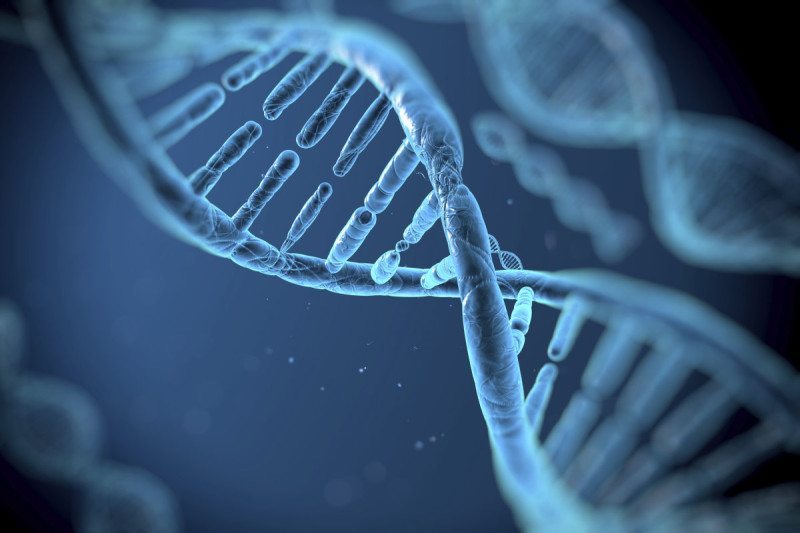UK Scientists to Begin Gene-Editing Human Embryos
Ashley Allen / 9 years ago

UK scientists have been given permission by the Human Fertilisation and Embryology Authority to use gene-editing techniques to modify human embryos. Dr Kathy Niakan and the Francis Crick Institute, who made the application to the HFEA, intend to use advanced gene-editing developments to investigate the causes of miscarriages using seven-day-old embryos.
“I am delighted that the HFEA has approved Dr Niakan’s application,” Paul Nurse, Director of the Francis Crick Institute, said. “Dr Niakan’s proposed research is important for understanding how a healthy human embryo develops and will enhance our understanding of IVF success rates.”
Experiments will begin at the Crick, following the development of edited embryos from a single cell through to 250 cells. Donated embryos – surplus in-vitro fertilisation (IVF) specimens given to researchers with the informed consent of the donators – will only be used for research purposes and not for treatment, in line with the HFEA’s regulations.
Last year, Chinese scientists became the first to gene-edit a human embryo, using the sophisticated CRISPR system.
“China has guidelines, but it is often unclear exactly what they are until you’ve done it and stepped over an unclear boundary,” Prof Robin Lovell-Badge, scientific advisor to the UK’s fertility regulator, told the BBC. “This is the first time it has gone through a properly regulatory system and been approved.”
Image courtesy of Engadget.



















